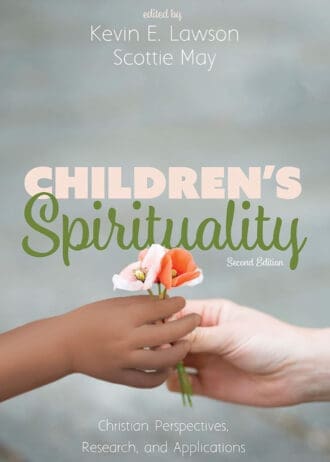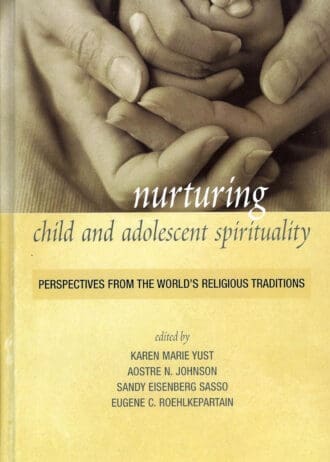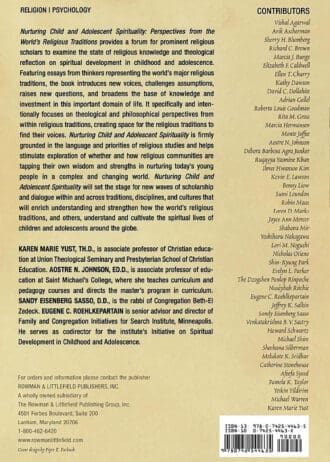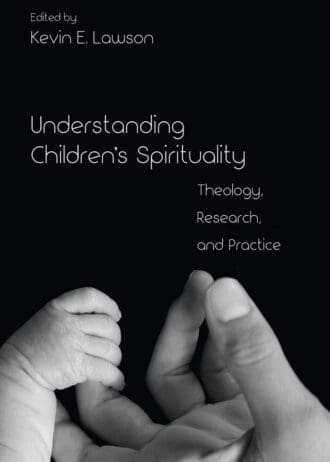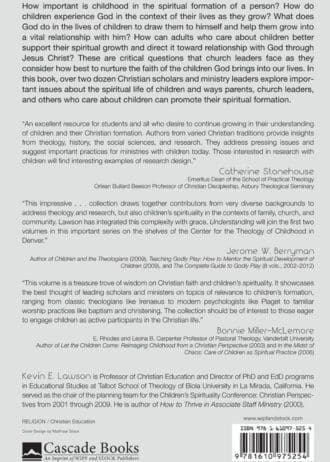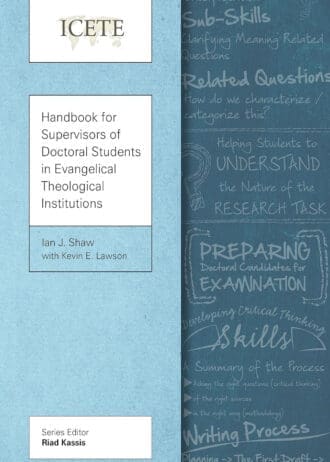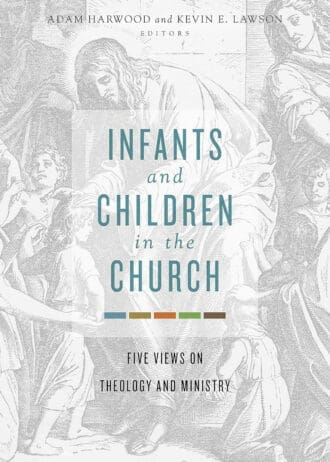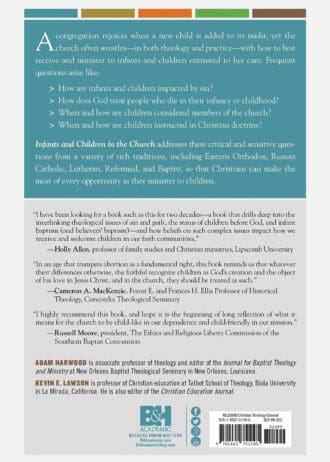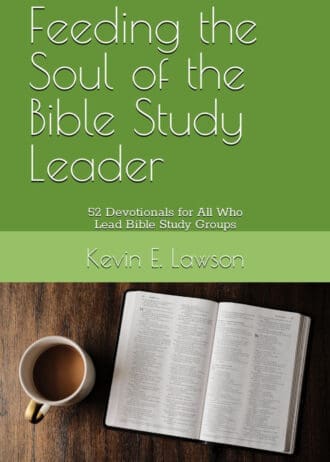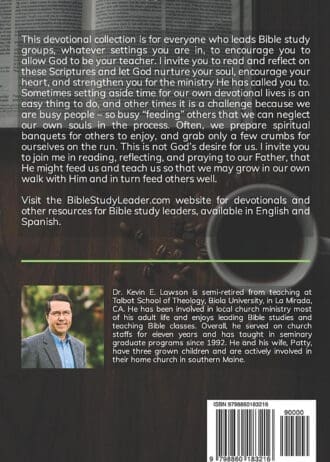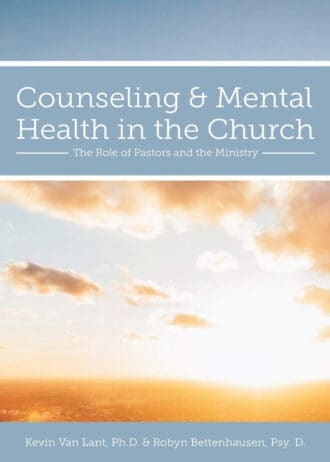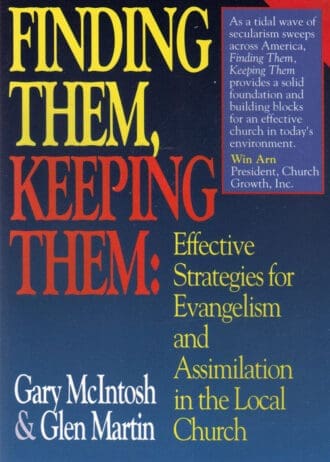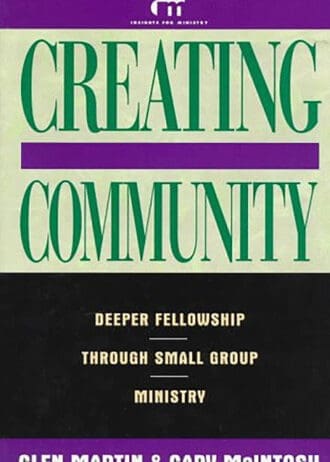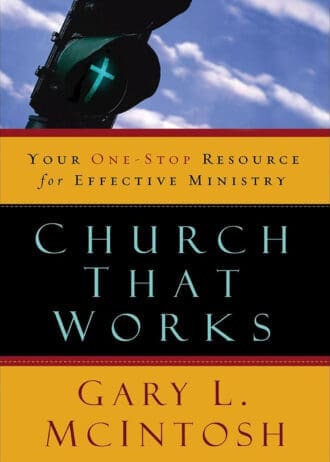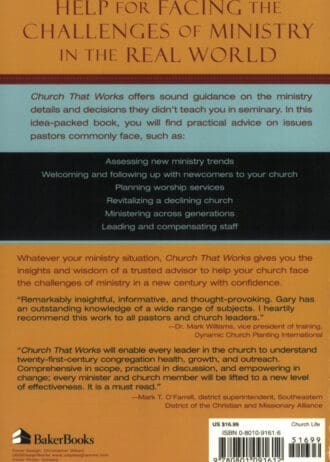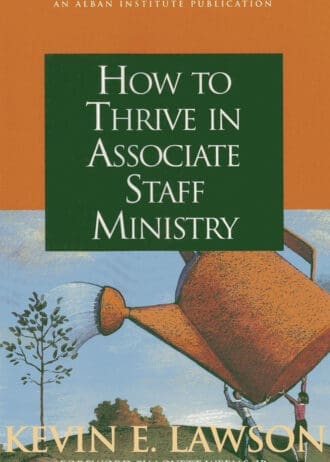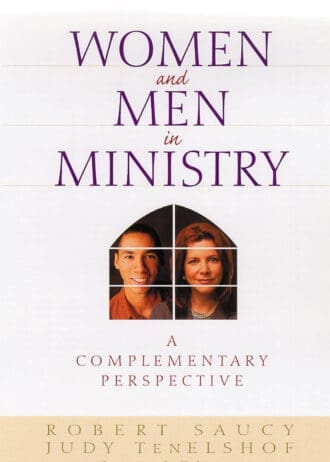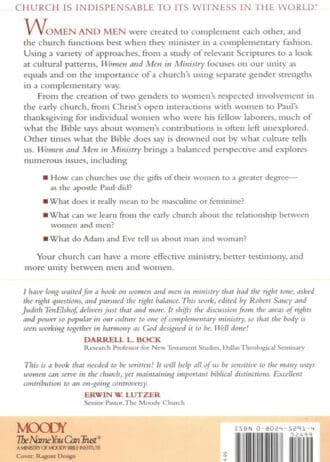This vital revised and expanded update to How to Thrive in Associate Staff Ministry (Alban, 2000) provides guidance to the growing population of staff members employed by churches. Churches are expanding their staffs, but the turnover rate remains high, often due to stress, isolation, and conflict on the job. Lawson and Boersma address what it takes to thrive personally, professionally, and relationally within associate staff ministry.
Based on updated research and interviews with over 600 veteran associate staff members from many different denominations, Lawson and Boersma describe the priorities, attitudes, and practices that can help associate staff members thrive in their ministry roles. They present, explain, and illustrate a four-part “Model for Thriving in Associate Staff Ministry,” a concrete framework that readers can use to help achieve satisfaction and balance in their own lives.
In addition to addressing those in associate staff roles, the book also includes chapters to help supervising pastors and church boards support their associate staff members. Each chapter includes questions for personal reflection or discussion with others to help readers engage with the material and determine what steps they might take to improve their own experience in associate staff ministry.
Book Insights from Kevin Lawson
Back in 2000, the first edition of this book appeared under the title, “How to Thrive in Associate Staff Ministry.” After more than a decade I approached the publishers about updating the research and revising the text. When they agreed, I invited Mick Boersma, a colleague and friend at Talbot, to join me in the research and writing effort. We held focus groups with many experienced associate staff and surveyed Talbot alumni who had served or were serving in associate church staff roles. What we heard led us to reorganize the book in some significant ways and introduce a few new issues in the discussion about how to thrive well in ministry. So many people who graduate from college or seminary who enter vocational ministry do so in associate staff roles, and those experiences can be foundational to their ability to continue in vocational ministry. Our goal was to help all associate staff, regardless of their roles, genders, or denominational traditions, to find ways to develop the practices and supportive relationships they need to not just survive, but to thrive in ministry.


